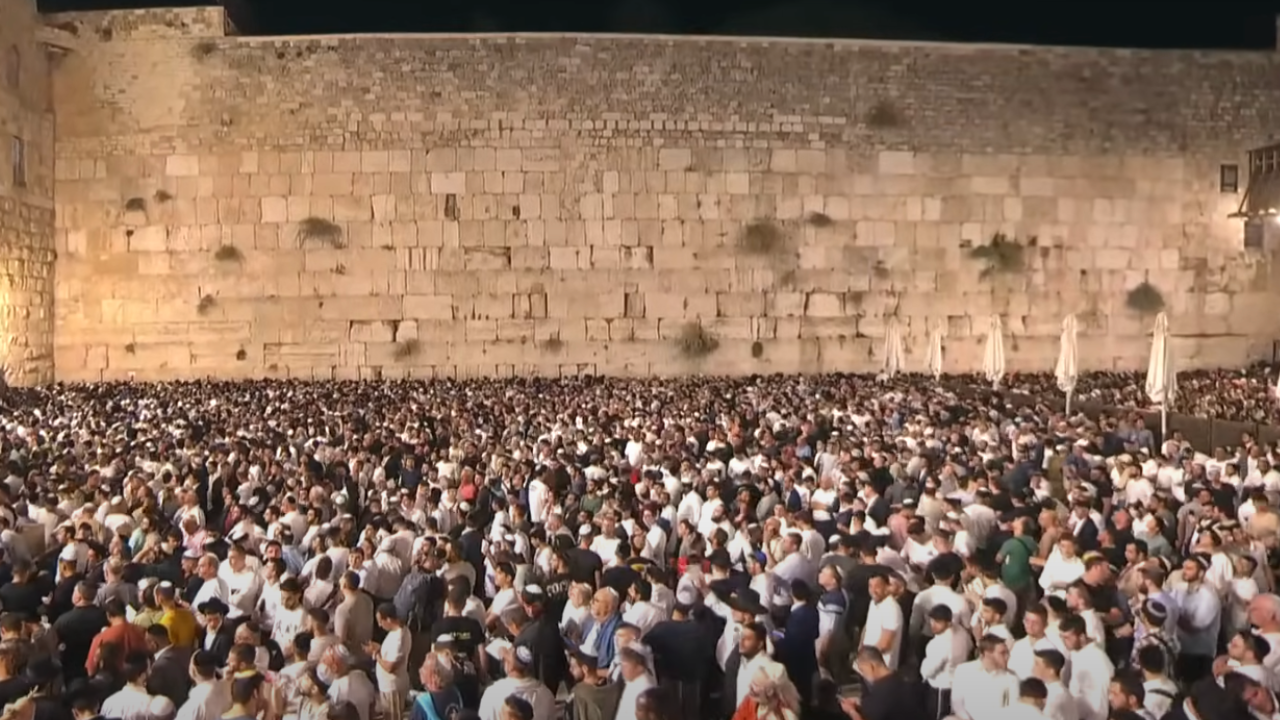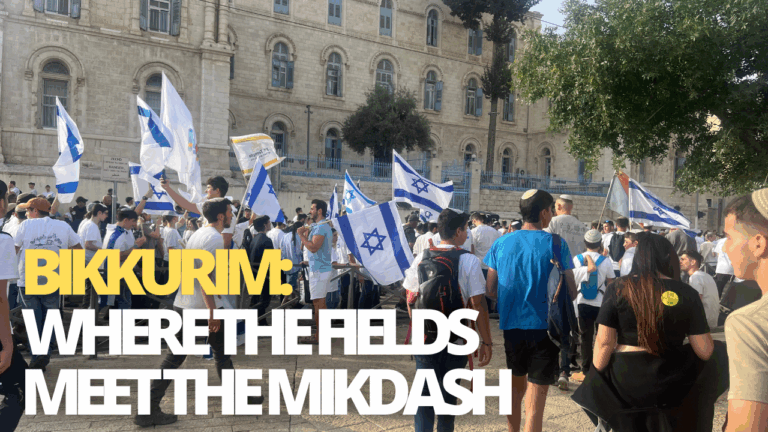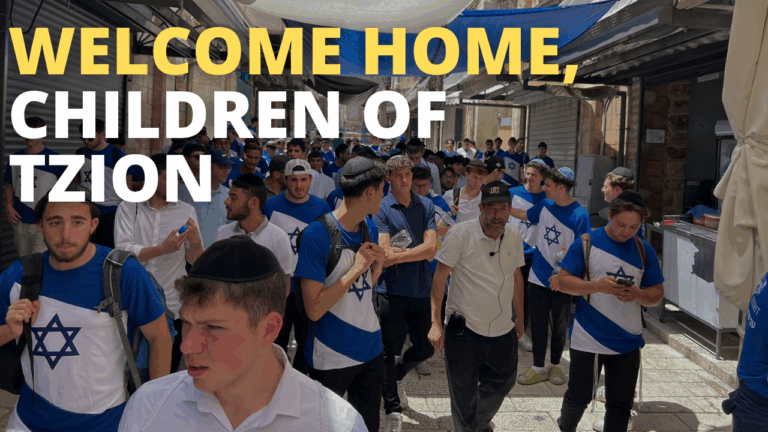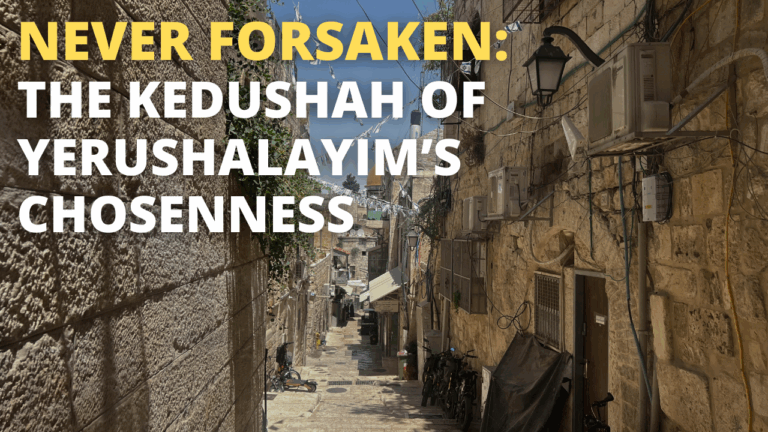God in Your Encampment
Last week, we discussed the strange phenomenon of the Kohen Meshuach Milchama. This is a sanctified office of kehunah solely created for the purposes of leading Klal Yisrael in war. We noted that this practice, as well as the Aron Kodesh joining Klal Yisrael in their war encampments, represent Jerusalem extending herself in times of war to accompany the soldiers into battle.
In this week’s parsha, the Torah further expresses this idea with the halachot of the machane in times of war:
“When a camp goes out against your enemies, you shall beware of everything evil. If there is among you a man who is unclean because of a nocturnal emission, he shall go outside the camp. He shall not come within the camp…For the Lord, your God, goes along in the midst of your camp, to rescue you and to deliver your enemies before you. Your camp shall be holy, so that He should not see anything unseemly among you and would turn away from you.” (Devarim 23:10-15)
The pesukim are already explicitly stating that there is an intense presence of kedusha in the military encampments of Klal Yisrael. This sanctity must be respected with higher levels of dignified behavior. In fact, it is prohibited to be impure within the confines of the camp. The Torah treats the encampment with the same status as the Har HaBayit. A ba’al keri who experiences a nocturnal emission is allowed to remain in the confines of Jerusalem but may not enter onto the Har HaBayit (referred to as the Machaneh Leviya by Chazal). The Torah treats the military camp as if it has the same status as the Temple Mount itself. In fact, the very source for the prohibition of a ba’al keri to be present in the Machane Leviya is derived from our verses concerning war and not from Jerusalem itself (see Pesachim 68a).
Har HaBayit is referred to as the Sha’ar HaShamayim, the place in which physicality can be imbued with spirituality that transcends this world. Jerusalem is a portal through which immortal values and sanctity can implant themselves into mortal beings, thereby perfecting and purifying them. But when soldiers, God forbid, must go out to war, they are placed in a situation of immense spiritual danger. War is a brutal physical, emotional, and spiritual environment in which a soldier is tested in enumerable ways. Far from the soothing embrace of Jerusalem’s sanctity, how is a Jewish soul capable of surviving in such an environment?
The Torah’s answer is abundantly clear. God will never abandon His precious children to fend for themselves in such an environment. Wherever holy Jewish soldiers go, the Shechina will follow. Jerusalem will extend the status of her sanctity to incorporate the encampment. Soldiers are inspired to attain even higher levels of sanctity in such an environment that is akin to the Temple Mount itself. In fact, they are given their own “Kohen Gadol”, the Kohen Meshuach Milchama. Just as the Kohen Gadol is not supposed to leave Jerusalem (see Ramban to Vayikra 21:12 and Rambam Klei HaMikdash 5:7), the Kohen Meshuach Milchama firmly remains in the machane as the Jewish people wage war.
(Fascinatingly, Chazal seem to assume that the Kohen Gadol himself may volunteer to fight alongside the nation and join them in the machane. See the Gemara Sotah 44a and its reference to the Kohen Gadol in context of חוזר מעורכי מלחמה. Despite the general exhortation of the Kohen Gadol never departing from Jerusalem, based on our analysis above it is obvious why this would be an exception. In reality, he is not leaving the sanctity of the Mikdash behind by joining the nation in their encampment.)Ashreichem Yisrael, praiseworthy are the children of Israel, who are so beloved that the Almighty Himself sanctifies them even when they are so far from his Holy abode. Praiseworthy are the Jewish soldiers who fight for the sake of heaven and maintain their purity and sanctity. In such challenging places and times, where other nations’ armies would easily lose every semblance of decency and morality, the Jewish nation maintains her immortal connection to her Beloved and Jerusalem.



